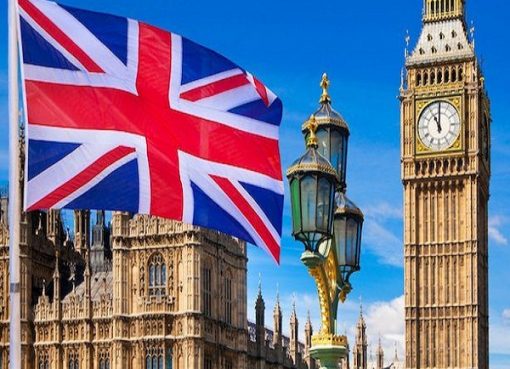Small and medium businesses (SMBs) are something of a lifeline for the economy of many countries, helping to create jobs in emerging economies where employment opportunities can oftentimes be few and far between.
But a new report from Facebook based on a series of monthly surveys of over 30,000 owners, managers, and employees in more than 50 countries, the Global State of Small Business Report, is discovering the true extent of the adversity facing SMBs as they reel from the effects of the COVID-19 health crisis.
Smaller businesses can often be more agile than larger organizations, able to adapt their operations quicker in response to different scenarios, but they are also much more reliant on their incoming revenue, rarely having huge stockpiles of cash to weather unforeseen periods like the first two to three quarters of 2020 when the pandemic forced mass shutdowns of most regular business operations.
This lack of a stable asset base also makes SMBs more of a risk for loans and other types of financing from financial institutions, so they have fewer resources to fall back on in emergencies. Nonetheless, small and medium businesses are a vital cog as they add on average 50%-60% of value via wages, profits, and tax collections to local economies.
Being smaller in scale, SMBs can sometimes be better positioned to take advantage of recent commercial innovations such as smart working or smart health solutions. The same could apply for creating more sustainable supply chains, perhaps by adopting greener tech that might be more ponderous for a large entity to adopt.
Smaller businesses also help drive up financial inclusion amongst women and other underrepresented communities like minorities and the disabled, including employing low-skilled workers which helps reduce income disparities in poorer areas, according to data from the Organization for Economic Co-operation and Development (OECD). The OECD and the World Bank contributed data and insights to the Facebook report.
Businesses targeted at end-users were among the hardest hit in the survey, with 54% of tourism agencies and 47% of SMBs operating in the hospitality and event management trades unable to operate during the survey period between January and May 2020.
Micro-businesses, or small operations owned by a single operator, were even harder hit with 30% of micro-businesses reporting that they were closed at the survey time, compared to 25% of SMBs with one or more employees. It was also discovered that female-led businesses were 7% more likely to be closed than their male counterparts, with female-led SMBs more concentrated in those sectors that were worse-hit by quarantine measures.
“Many female business leaders have been juggling the twin burdens of keeping their businesses afloat and taking on more responsibilities at home — and [this] report shows the situation hasn’t improved over the course of the pandemic,” says Sheryl Sandberg, Facebook’s COO, in her blog post revealing the findings.
More than half of the SMBs who were operational during the survey period reported a drop in sales of 50% or more, exacerbating their cash flow constraints, while a third of operational SMBs said they had to cut down on their workforce as a result of the pandemic.
Still, says Sandberg, business owners and managers are resilient. “Many have acted creatively to find new ways to reach customers, with more than 1 in 4 reporting that they have increased or greatly increased their proportion of sales they have made digitally during the course of the pandemic,” she notes in the blog.
Nearly three-quarters (74%) of SMBs that were closed at the time of the survey expected to reopen as COVID-19 containment measures are lifted in their territories. In 49 of the countries in the sample, one-third of SMBs indicated that they had earned a minimum of 25% of their sales from digital channels in the previous 30 days.
And while a number of nations have come up with emergency stimulus packages with 23% of SMBs receiving some form of pandemic-related financial aid, many business leaders still expect demand reductions and reduced cash flows to persist next year. Top priorities for them to ride through this period of uncertainty would be salary subsidies (referenced by 32% of SMBs), tax deferments (also 32%), and 29% want access to loans and credit to counter cash flow issues.
Source: techwireasia










